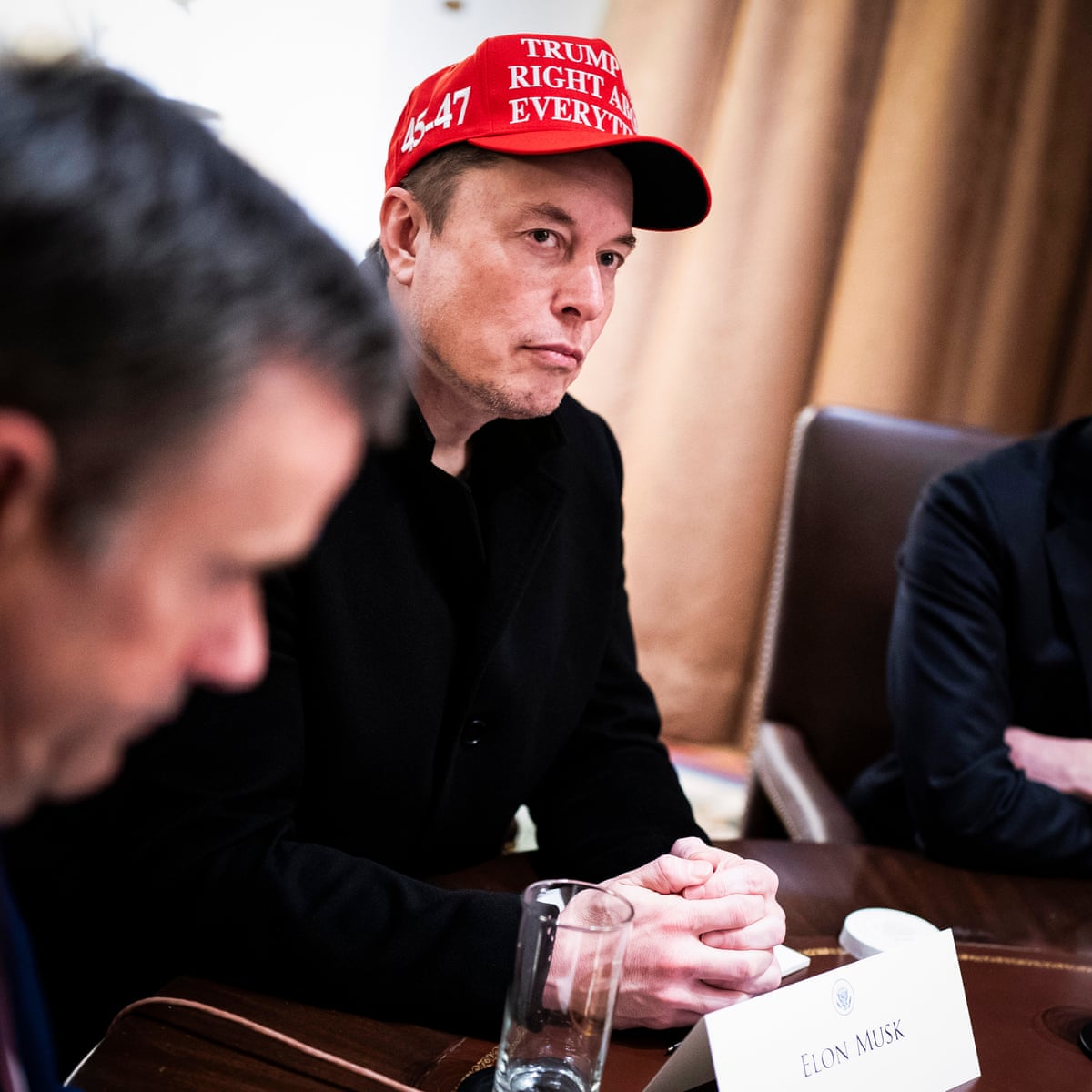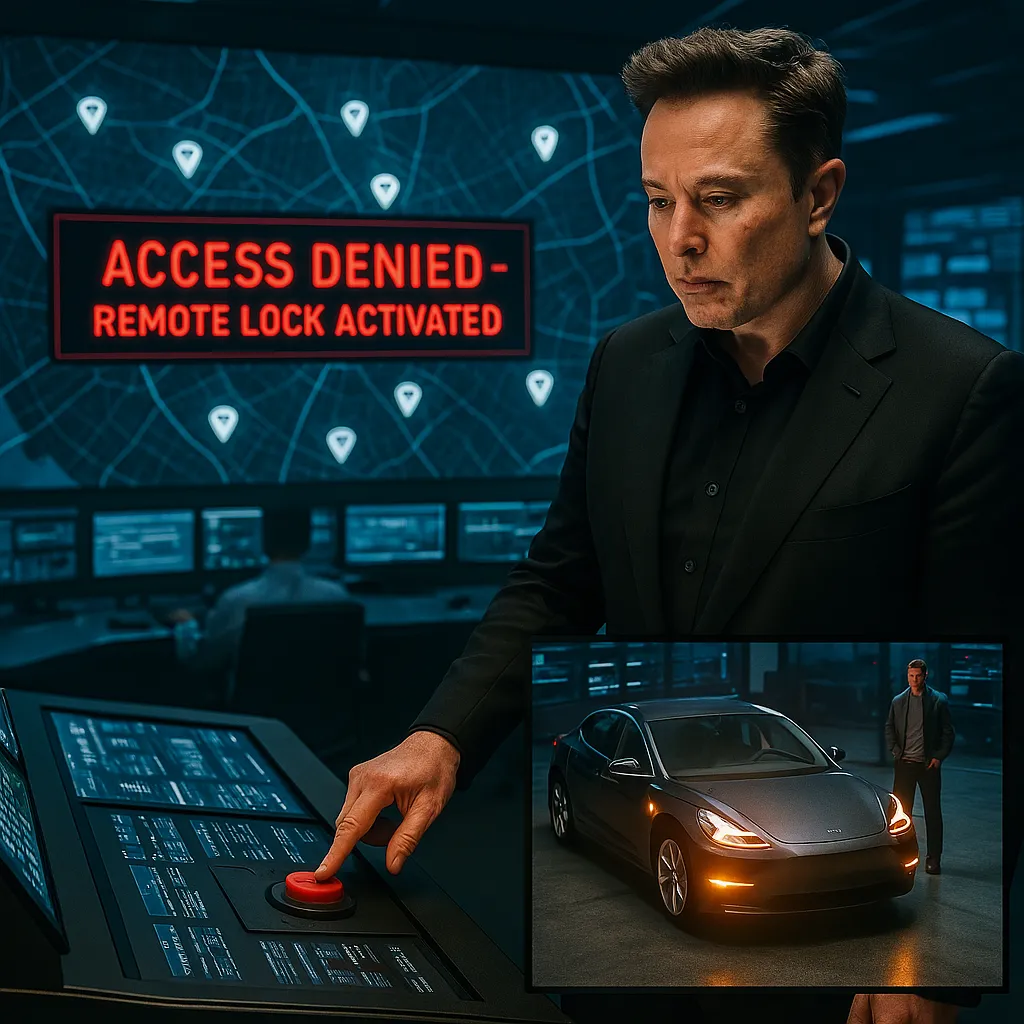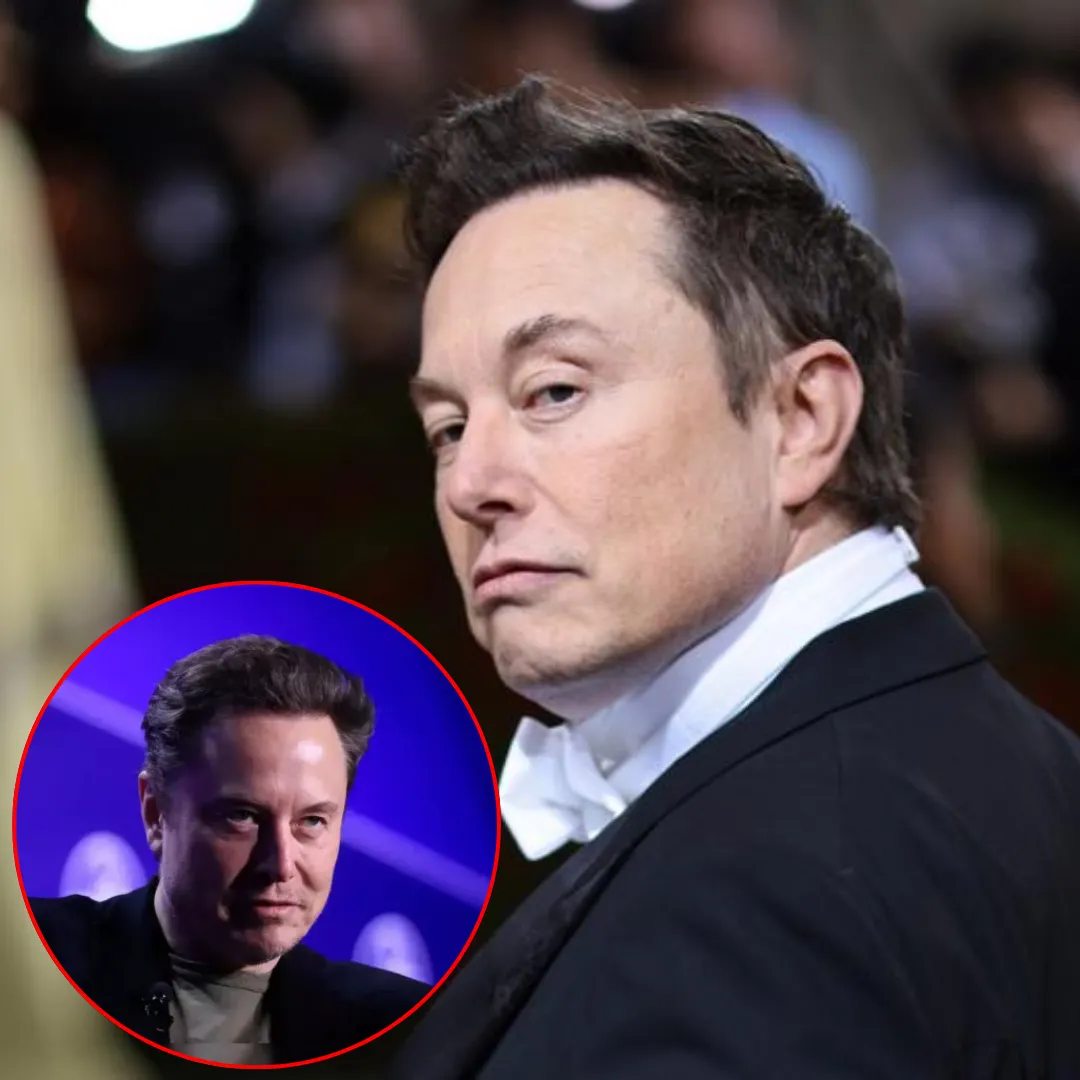
In a fiery weekend exchange that sent ripples through political and economic spheres, Tesla CEO Elon Musk took aim at one of the Trump administration’s most high-profile economic advisers, Peter Navarro—mocking his prestigious Harvard credentials and laying blame for a stock market slide that cost Musk billions.
“A PhD in Econ from Harvard is a bad thing, not a good thing,” Musk wrote bluntly on X, his own social media platform (formerly known as Twitter). “Results in having more ego than brains.”
The comment was a direct response to a user who praised Navarro’s academic pedigree and his influential role in shaping U.S. trade policy. The billionaire entrepreneur’s remarks quickly went viral, sparking intense debate over credentialism, policy leadership, and the growing disconnect between Washington’s economic strategies and Silicon Valley’s global realities.
Navarro, known for his aggressive stance on trade and key role in the Trump administration’s economic policy team, has long been one of the intellectual architects behind U.S. tariff policy. His work has shaped a new economic doctrine inside the White House—one that favors self-reliance, protectionism, and confronting China.

But for business leaders like Musk, who operate at the intersection of innovation, global trade, and consumer markets, that doctrine is proving costly.
Tesla shares tumbled over two consecutive trading days following President Trump’s announcement of sweeping new tariffs on imported goods—tariffs Navarro has publicly championed. The decline slashed nearly $18 billion from Musk’s personal fortune, an economic hit that turned the billionaire’s usual online provocations into outright condemnation.
When another X user defended Navarro’s trade views, Musk responded even more pointedly: “He ain't built s--t.”
With that comment, Musk not only challenged Navarro’s academic background but also dismissed his practical impact—highlighting the fundamental divide between policymakers who theorize about the economy and businesspeople who operate within it.
Navarro received his Ph.D. in economics from Harvard University, long considered the gold standard of academic training for economic policymakers. Over the years, he has published extensively on trade, globalization, and the dangers of U.S. reliance on foreign manufacturing. His views, once seen as fringe, became central during Trump’s first term and now form the backbone of the President’s second-term economic strategy.

But Musk, a self-made entrepreneur who has built companies across energy, transportation, space, and artificial intelligence, clearly sees no value in such credentials—at least not when they translate into policies he believes are damaging the economy.
“There’s a growing sentiment among innovators and business leaders that academic credentials don’t necessarily equate to sound economic judgment,” says Dr. Andrea Caldwell, a professor of political economy at the University of Chicago. “Musk’s comments may seem flippant, but they reflect a deeper frustration with decision-makers who are insulated from market realities.”
At the center of this public spat is a new phase in President Trump’s tariff agenda. The administration has proposed a dramatic expansion of tariffs across a wide range of consumer and industrial goods. Navarro has been the administration’s most visible advocate, appearing on multiple cable networks to defend the decision.
“We’re in the midst of an economic revolution,” Navarro said during a Fox Business segment earlier this week. “Tariffs are about restoring balance, fairness, and strength to the American economy.”

According to the White House, the tariffs could generate up to $600 billion annually in revenue—money they say will help offset corporate tax cuts and invest in domestic industry. However, critics argue the numbers don’t add up and warn that American consumers and businesses will ultimately shoulder the burden through higher prices and reduced access to foreign goods.
Markets appear to agree. The Dow, S&P 500, and Nasdaq all experienced declines following the announcement, with export-driven sectors and manufacturing stocks among the hardest hit. Tesla, which depends on global supply chains and international production for many of its vehicles and batteries, was particularly vulnerable.
Musk’s reaction may have been personal, but it was far from isolated. Other tech executives and industry leaders have expressed quiet concern over the administration’s increasingly confrontational trade stance. Few, however, have the platform—or the audacity—to voice those concerns as publicly as Musk.
“There’s a reason why Musk’s comments went viral,” says Sarah Longwell, CEO of a D.C.-based business policy firm. “He’s saying what a lot of CEOs are thinking but are too cautious to say aloud. Tariffs disrupt growth, hurt shareholders, and undercut long-term planning.”

Musk’s companies, particularly Tesla and SpaceX, rely on a complex web of global partnerships, suppliers, and international markets. Tariffs can significantly inflate costs and limit access to key technologies and materials. For a company already grappling with rising interest rates and intensifying competition, the added burden of protectionist policies poses a serious threat.
While Musk has never been a consistently political figure, he has occasionally aligned himself with President Trump—particularly on issues like deregulation, tax cuts, and space exploration. At one point during Trump’s first term, Musk served on White House advisory councils before stepping down over policy disagreements.
Now, with Trump back in the Oval Office and pursuing an even more aggressive economic agenda, Musk appears to be distancing himself again.
In a recent press briefing, President Trump acknowledged Musk’s criticism but downplayed any rift. “Elon’s a smart guy. He’s got strong opinions,” Trump said. “We don’t always agree, but we’re doing what’s best for America.”

Despite the President’s attempt to ease tensions, some insiders say the business community is growing restless. “This isn’t about one tweet,” said a senior executive at a major manufacturing firm who requested anonymity. “It’s about the cumulative effect of policies that treat businesses like punching bags. Eventually, even your friends push back.”
Musk’s “He ain't built s--t” remark may have been crass, but it resonated with a wide audience—especially among entrepreneurs and investors who prioritize innovation and execution over theory and ideology.
It also captured a growing sentiment in American economic discourse: that the people crafting policy are often disconnected from those living with its consequences. “Navarro has ideas. Musk has factories,” said Rick Norwood, a columnist for The Financial Ledger. “In today’s economy, the balance of influence is shifting. We’re seeing a power struggle between those who build and those who advise.”
Navarro’s defenders argue that the U.S. needs bold action to combat decades of industrial decline and rising geopolitical threats. But Musk’s allies counter that the administration is chasing nostalgia at the expense of future prosperity.

It remains unclear whether Musk’s outburst will lead to any change in policy—or if it marks the beginning of a broader revolt among corporate leaders. But it has already forced a national conversation about the role of experts, the value of credentials, and the risks of economic nationalism in a globally connected world.
Navarro, for his part, has continued to appear on television and social media to defend the administration’s plan. When asked about Musk’s comments in a recent interview, he declined to respond directly but reiterated his belief that “American strength starts at home.”
Whether that message will be enough to calm increasingly nervous markets remains to be seen. For now, Elon Musk, ever the iconoclast, has thrown a gauntlet at the feet of Washington’s economic elite—and challenged the assumption that a Harvard degree automatically confers wisdom.
In a country where building things still carries symbolic weight, Musk’s message is clear: credentials are not enough. Results matter. And in his view, Harvard-trained economists like Peter Navarro have delivered little more than chaos and losses.



-1744859598-q80.webp)